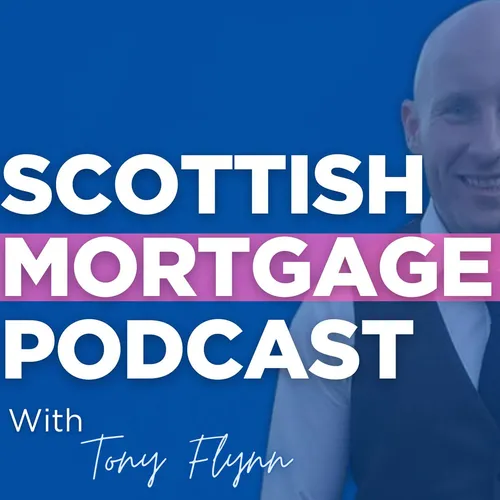Understanding Mortgage Rate Types
- Author
- Tony Flynn
- Published
- Wed 15 Feb 2023
- Episode Link
- None
Have you considered a fixed rate mortgage? This is one of the most popular repayment plans and offers stability in a volatile market. With a fixed rate, you have a set payment for a set period of time, providing protection from market conditions. While you may not benefit from a decrease in interest rates, you have the option to make overpayments which can lower your overall interest payment. The key advantage of a fixed rate mortgage is stability and predictability, but keep in mind that you are tied into the rate and may incur early repayment charges if you choose to exit the mortgage.
Tracker rates offer a different perspective as they are a form of variable rate linked to the Bank of England base rate. The interest rate is set at a constant level above or below the base rate and follows the movements of the Bank of England base rate. This offers flexibility and tracks market conditions, but keep in mind that it is variable, and your interest payments will increase if the base rate does.
A standard variable rate, determined by the mortgage lender, may not always align with the Bank of England base rate. The advantage is that the lender may not increase their interest rates, even if the Bank of England raises theirs. However, the disadvantage is that the lender may not decrease their rates even if the Bank of England reduces theirs. This type of mortgage offers some flexibility and usually, there are no repayment charges, making it a good option for those who need stability for a short period of time.
The discounted variable rate is similar to a tracker rate but provides a discount on the lender's standard variable rate. The discount is set at a set percentage below the variable rate for a set period of time. This offers some stability while also tracking market conditions, but keep in mind that your interest rate will increase if the Bank of England base rate does.
When making a decision, consider your financial goals, budget, and risk tolerance. If stability and predictability are what you value, a fixed rate mortgage may be the best option. On the other hand, if you're willing to take on some risk for the potential to save money in the long run, a variable rate mortgage may be the better choice. Consult with a mortgage professional to determine the best option for your specific circumstances.
In conclusion, understanding the different mortgage rate types can greatly impact your financial stability. Make an informed decision by considering your financial goals, budget, and risk tolerance, and don't hesitate to consult with a mortgage professional. Ensure that you are making the best financial decision for your situation.
#MortgageRateTypes #FinancialStability #HomeOwnership"
Please like share and subscribe if you find our information useful
